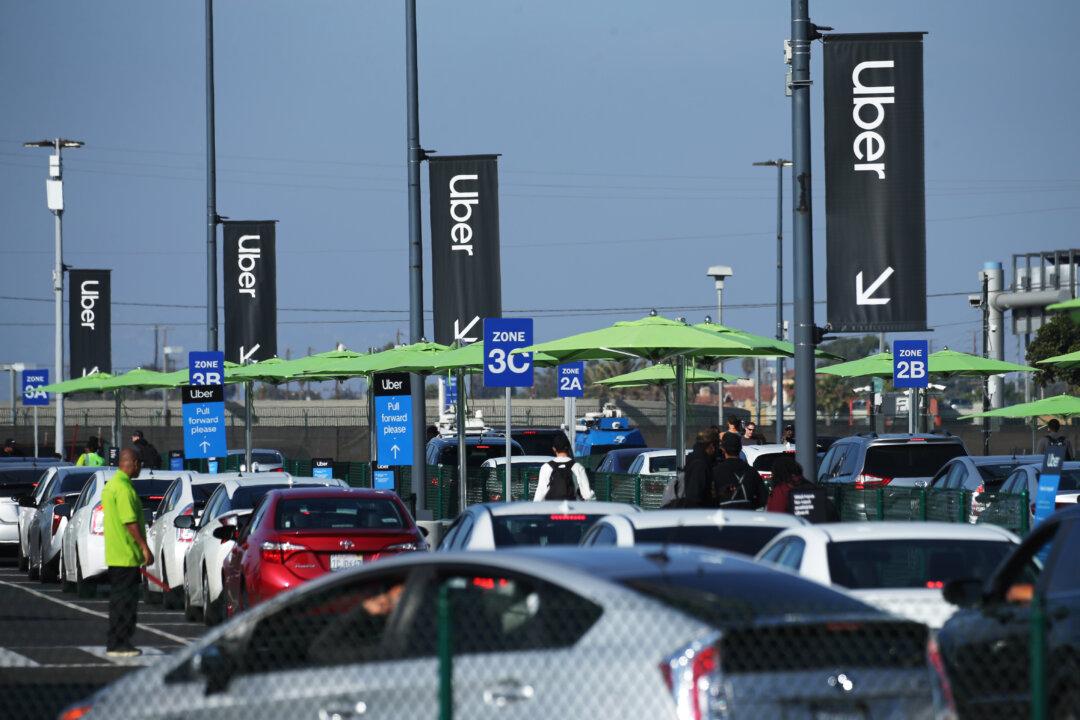On July 16, Dr. Robert Epstein, senior research psychologist at the American Institute for Behavioral Research and Technology, testified in front of the Senate Judiciary Committee regarding Silicon Valley’s role in influencing elections.
Epstein made the accusation that Google is manipulating voters on a massive scale. He claimed that Google’s actions gave Hillary Clinton at least 2.6 million additional votes during the last presidential election, due to selective voter targeting, and the company is capable of manipulating up to 15 million votes in 2020.





